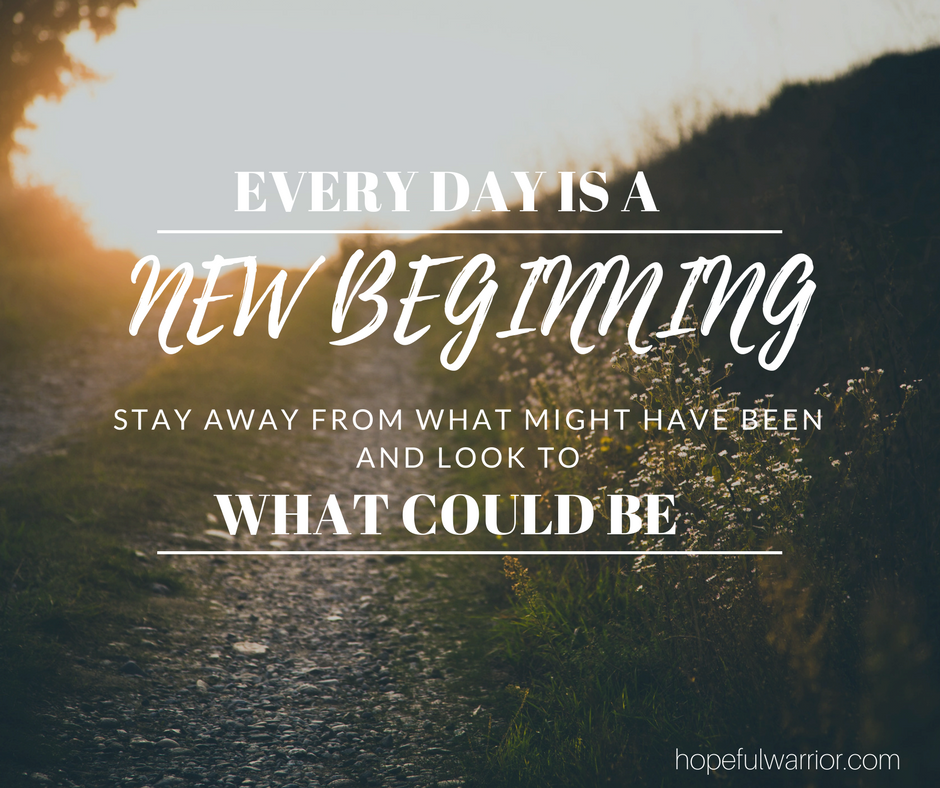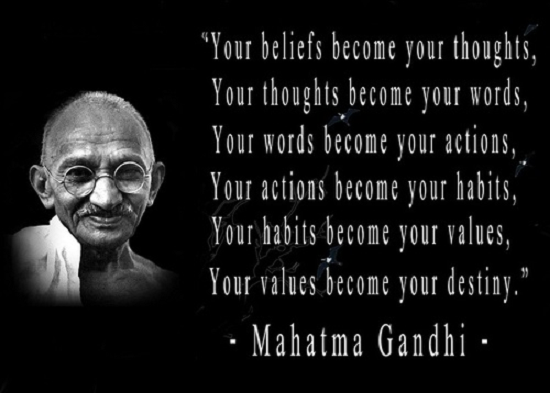I am thankful for today…
I am grateful for the air that fills my lungs,
For time with family and friends,
For I don’t know what tomorrow brings,
But I am here today
And that’s all that matters.
One of the hardest parts of being sick is the uncertainty that it brings. Future plans get put on hold. It seems everything depends on the outcome of your health. Such ambiguity can be difficult a difficult burden to bear.
For me, I definitely have my good days and bad days. However, I’m happy to report right now, the good days far outnumber the bad. And for that I am extremely grateful.
I have read enough and spoken to enough people to prepare myself for the difficulty that lies ahead. I know there will be days that I am unable to get out of bed. There will be days when I will be unable to hug or hold my children. There will be times when I am unable to eat or even taste.
I have surrendered to the fact I am unwell. I believe in doing so, I take the first step towards healing. I know that difficulty lies ahead, but I am prepared to tackle it head on with dignity and grace for I know I have the faith and support I need to truly heal.
So right now, I am savoring every moment. Every embrace. Every sunrise. Every taste.
I’m not sure what tomorrow brings—so I am reveling in the wonder of today. Now, more than ever I understand the importance of mindfulness and making every moment meaningful.
Growing up, I always looked forward to Saturday mornings. My dad usually traveled a lot during the week and over the years, it became our special time together. It was always a magical time. Moments seemed to slow down. Our most difficult choice became whether we wanted a waffle or a pancake. It was a time to catch up and just enjoy the pleasure of each other’s company while we took turns mixing the batter.
Now as a mother myself, I’ve tried to recreate this special time with my own children.
Today, at breakfast we chose to make waffles with fruit topping. While I tweaked my family recipe to make it gluten free the kids got a special side of whipped cream. Why not? My kids are still home on winter break from school so we were able to take our time and enjoy every minute of breakfast. Now more than ever I am so grateful for these special moments.
Life is always unfolding now. But so often, we let these precious moments slip away, allowing time to rush past unobserved and unseized. We squander the precious seconds of our lives as we worry about the future and ruminate about what has passed.
As my time is growing uncertain, I am trying to make the most of each moment. While I’m not always successful, I believe the most important thing to do is to try and to be grateful for each moment while you have the chance.
What I've come to realize is that most of us don't accept our thoughts in awareness. Rather, our thoughts end up controlling us. Often, "ordinary thoughts course through our mind like a deafening waterfall," says Jon Kabat-Zinn, the scientist who introduced meditation into mainstream medicine. In order to feel more in control of our minds and our lives, to find the sense of balance that eludes us, we need to step out of this current, to pause, and, as Kabat-Zinn puts it, to "rest in stillness—to stop doing and focus on just being."
We need to live more in the NOW. Living in the moment—also called mindfulness—is a state of active, open, intentional attention on the present. When you become mindful, you realize that you are not your thoughts; you become an observer of your thoughts from moment to moment without judging them. Mindfulness involves being with your thoughts as they are, neither grasping at them nor pushing them away. Instead of letting your life go by without living it, you awaken to experience everything around you more fully.
Here are some ways I have learned to practice mindfulness to be more grounded in the present moment:
Let go and just be. In order to move forward, I believe you must let go and accept your current situation as it is. Try not to impart judgement or reasoning into why it is happening to you. Rather accept that is and let go of your preconceived notions of how things should have or might have been. You need to have faith that this happened for a reason.
If something is bothering you, it’s important move toward it rather than away from it. Mindfulness is about acceptance—letting the emotion be there. That is, being open to the way things are in each moment without trying to manipulate or change the experience—without judging it, clinging to it, or pushing it away. The present moment can only be as it is. Trying to change it only frustrates and exhausts you. Accepting the moment as it is helps relieve you of this needless extra suffering.
Savor the present moment. Often, we're so trapped in our thoughts about the future or the past that we forget to experience or enjoy what's happening right now. Instead, it’s important to relish or revel in whatever you're doing at the present moment—what psychologists call savoring. This could be eating a piece of chocolate, taking a shower or basking in the sun. It usually involves your senses. Savoring forces you into full awareness of what you are doing in that precise moment, so you can't worry about things that aren't there.
Know that you don't know. Pause to recognize and appreciate the newness of your surroundings. You will soon realize that everything is constantly changing around you. In fact, change is the only constant thing in life. By stopping to see the world with fresh eyes, we realize almost everything is different and new each time—the pattern of light on the buildings, the faces of the people, even the sensations and feelings we experience along the way. The more you notice, the more you see.
Realize you are not your thoughts. According to Jon Kabat-Zinn, “we often relate to our thoughts, whether they’re intensely negative or not, as a reliable statement of the truth. When you’re angry, everything can seem threatening or annoying or inadequate. You believe what your thoughts are telling you. Mindfulness of thoughts allows you to be aware of a thought or strong emotion as a kind of a storm in the mind or an event in awareness. Once you see it as an event or a storm, it no longer has the same power over you.”
With practice, mindfulness can help us catch stressful emotions when they first arise. This keeps these emotions from turning into elaborate stress-filled stories that have no basis in fact but which we start to believe without question. For as Buddhist teachers like to say: the suffering is in the stories.
An effective way to bring your attention out of your stories and into the present moment is by taking three deep in-and out-breaths while turning your attention to the present moment. As you do this, notice what’s available to your senses right now: a sight, a sound—even the sensation of your clothes on your skin. Even if it’s not a particularly pleasant moment, at least you’re present for it instead of being lost in regrets about the past, or worst-case-scenarios about a future you can’t predict. And, more often than not, being mindful of your present moment experience reveals that there’s something pleasant going on right around you that you simply hadn’t noticed. This can be both soothing and healing.
True mindfulness is a journey, not a destination. But I truly believe it is the key to living well while your feeling unwell. Sure, there will be bumps and distractions along the away but the first steps start with the awareness and acceptance of what is, and faith in what will be.
So take a deep breath and just be here.









